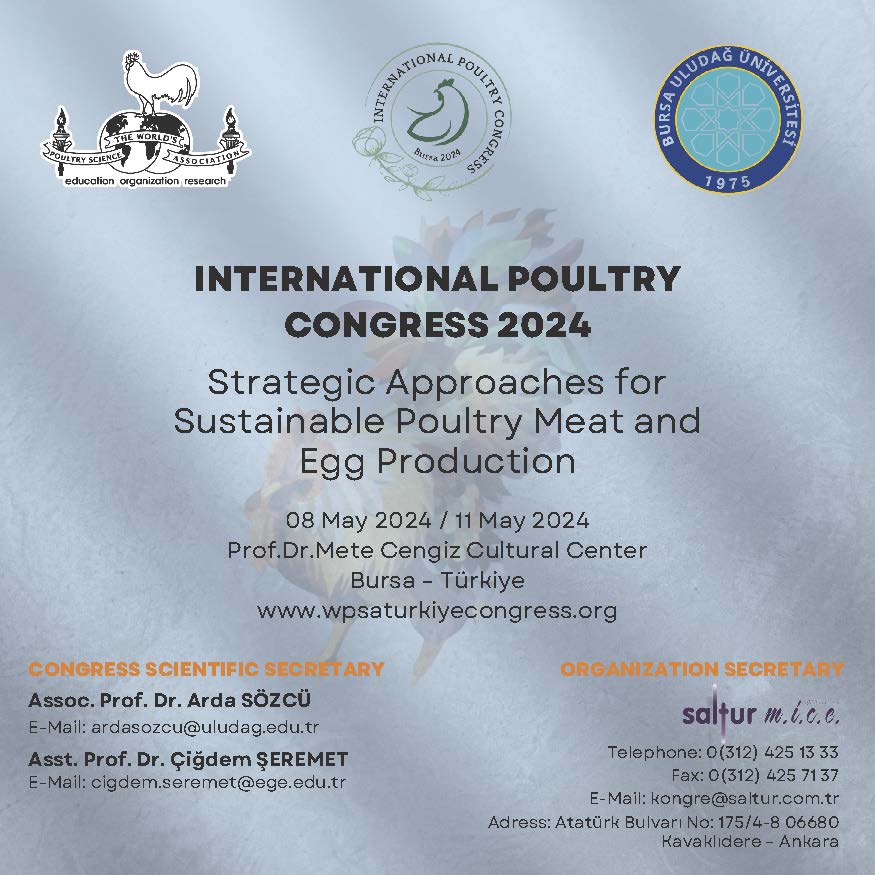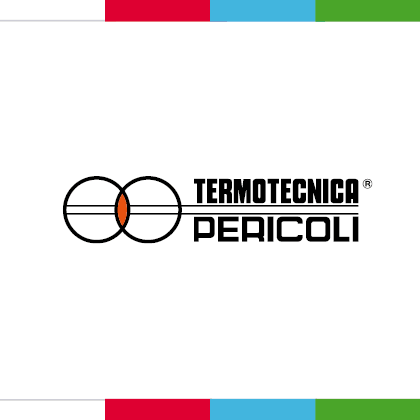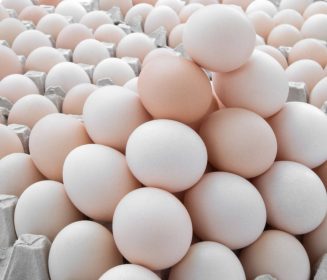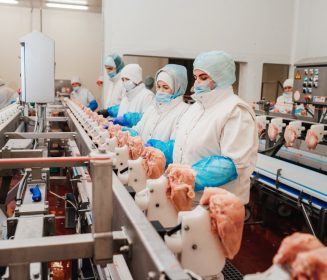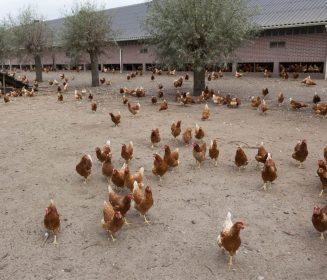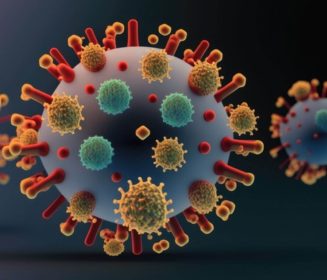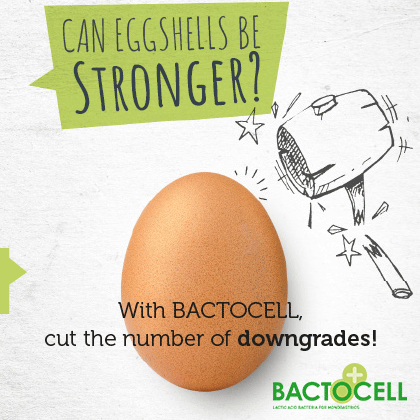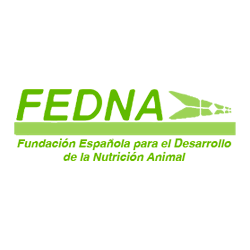Beneficial aspects of poultry litter reutilization
Contenido disponible en: العربية (Arabic)Chicken is the most consumed protein in the United States. According to the National Chicken Council, […]
Chicken is the most consumed protein in the United States. According to the National Chicken Council, the U.S. produced more than 9.2 billion broiler chickens in 2019 and consumers have spent more than 95 billion dollars on poultry products.
In order to rear and grow these broilers, a vast amount of litter is a must, and so reusing them can save a significant amount of operating cost. However, it must be remembered that this practice comes with some health and safety concerns.
Interestingly, a new study has suggested that in environments where poultry litter is reused, the growth of pathogens like Salmonella has actually been deterred.
Adelumola Oladeinde, co-author of said study had the following to say: "When you read or hear that broiler litter is reused to raise multiple flocks of chickens, the typical reaction is that it must be bad for food safety," stating that their study actually has shown the exact opposite of that.
Oladeinde is a researcher at the USDA's National Poultry Research Center in Athens, Georgia. He and his colleagues found that 'good' bacteria in used poultry litter can hinder Salmonella growth.
"It may be worthwhile to invest time and resources to characterize the bacteria in reused litter," says Oladeinde. "We can develop the promising ones into beneficial microbes for improved chicken gut health."
The study also explored fundamental litter characteristics, such as moisture content and ammonia levels, as they can affect the litter microbiome i.e: the mix of bacteria, fungi, and viruses in litter.
"Our findings provide new information on the relationship between the physical environment of broiler litter and its microbiome," says Oladeinde. "Management techniques that account for both factors may help reduce Salmonella in chickens."
The role of chicken litter should not be undermined when it comes to broiler health. Upon arrival to the farm, broiler chicks start pecking at litter as well as digging in, which supports their natural behavior. The pecking of the litter is also prominent prior to their initial feeding and the microbiome present within it may end up being the 'first settlers' in the guts of the chicks.
"These first microbes play a key role in determining gut health," says Oladeinde. "Therefore, it is critical to determine what a beneficial litter microbiome looks like."
In the lab, researchers measured the characteristics of the reused litter samples used in their experiment, and then added Salmonella to each one. The samples were then tested for the levels of Salmonella, other bacteria, and the physical characteristics.
Within two weeks of adding Salmonella, most samples developed predictable microbiomes. Certain microbes, such as Nocardiopsis bacteria, seemed to reduce growth of Salmonella.
According to Oladeinde, this was within expectations as some species of Nocardiopsis bacteria are known to produce antibiotics and toxins, and may be responsible for keeping Salmonella levels low in the litter samples.
It goes without saying however, that litter downtime, which is the waiting period allocated before the reuse of litter, must be a point of consideration.
"For farmers, a shorter downtime will result in growing more birds through the year," says Oladeinde. "However, we know little about how downtime affects litter microbiome, and we showed that the reused litter after two weeks of downtime had a microbiome that was unfavorable to Salmonella."
Oladeinde aims to repeat these experiments with litter from various sources. He also wants to test for multiple Salmonella strains. "These studies will tell us about the underlying mechanisms behind reusing litter and reducing Salmonella," he says.
Source: https://www.sciencecodex.com/reusing-chicken-litter-shows-benefits-649179



